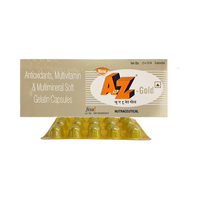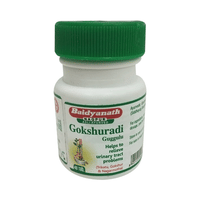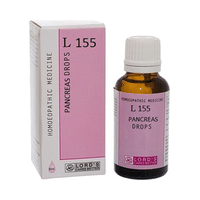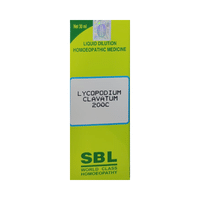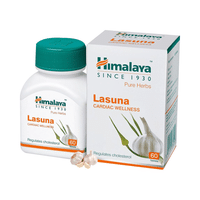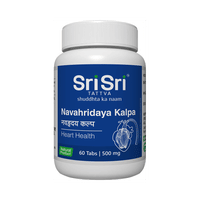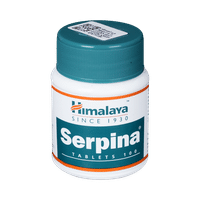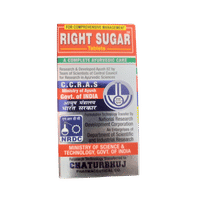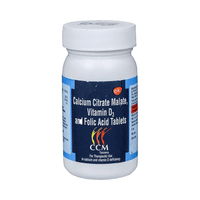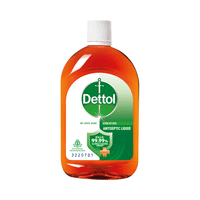Maharishi Ayurveda Glucomap Tablet | Diabetes Management With Jamun, Karela, Neem, Arjuna, Controls Blood Sugar
(60 tablets in bottle)
Rs. 287
Rs. 319
10% off
Rs. 287
Rs. 319
10% off
Maharishi Ayurveda Glucomap Tablet | Diabetes Management With Jamun, Karela, Neem, Arjuna, Controls Blood Sugar
(60 tablets in bottle)
Available in other variants
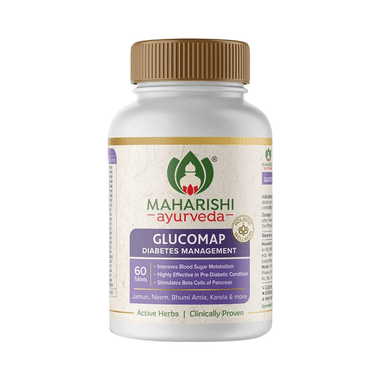
Product Details
Maharishi Ayurveda Glucomap Tablet
Maharishi Ayurveda Glucomap Tablet is an Ayurvedic formulation intended to support overall wellness. It works by supporting digestive fire (Agni), balancing the Kapha and Pitta doshas, nourishing the Dhatus (tissues), and may help reduce blockages of channels. This clinically researched formula can be taken alongside prescribed medications.
Key Ingredients:
Jamun,Neem,Bhumi Amla,Karela
Key Benefits:
An Effective Ayurvedic Supplement: Glucomap works well for lifestyle-related concerns. It may help support overall health and wellness with regular consumption.
- Diabetes Management with Jamun, Karela, Neem, Arjuna, Controls Blood Sugar
Maharishi Ayurveda Glucomap Tablet is an Ayurvedic formulation intended to support overall wellness. It works by supporting digestive fire (Agni), balancing the Kapha and Pitta doshas, nourishing the Dhatus (tissues), and may help reduce blockages of channels. This clinically researched formula can be taken alongside prescribed medications.
Key Ingredients:
Jamun,Neem,Bhumi Amla,Karela
Key Benefits:
An Effective Ayurvedic Supplement: Glucomap works well for lifestyle-related concerns. It may help support overall health and wellness with regular consumption.
Net Quantity:
60 N
Indications:
Supports general wellness
Dosage:
2 tablets twice a day after meals or as directed by the physician.
Directions For Use:
Safety Information:













